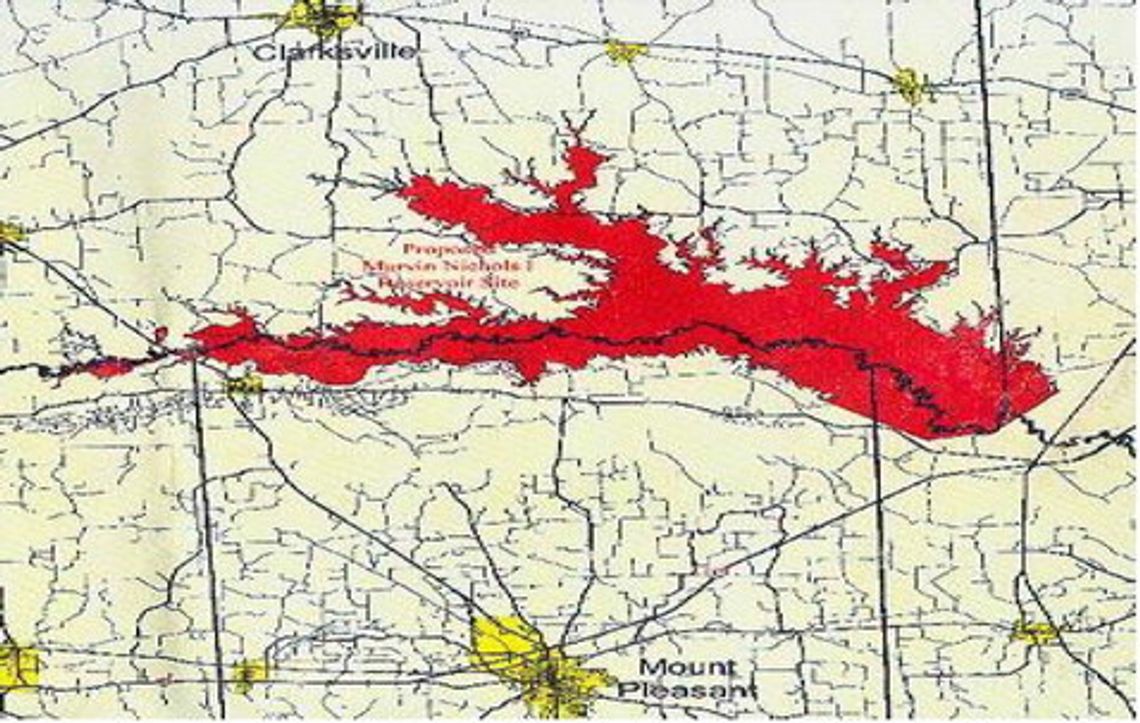A new study commissioned by the Texas Conservation Alliance shines a glaring light on potential flaws in the state’s water planning process as a whole. The report exposes some of the challenges of continuing to rely heavily on reservoirs to meet our state’s water needs. It details planned reservoirs, explores the challenges of accurately measuring how much water planned reservoirs will provide, and spotlights conflicts of interest present in the water planning process.
“Reservoirs forever alter Texas’ landscape and natural environment,” said Janice Bezanson, Senior Policy Director of the Texas Conservation Alliance. “They take private property through eminent domain, and destroy communities, livelihoods and family homes, while drowning irreplaceable ecosystems. For decades, reservoirs have been the go-to tool for developing our state’s water needs, but a changing climate and advances in innovation demonstrate they are not the solution for our future. It’s time for Texas to move to more modern and less damaging solutions to meet water needs.”
The report highlights a few key findings, most noteworthy to Northeast Texans being the unnecessary impacts caused by reservoirs like the proposed Marvin Nichols Reservoir. Marvin Nichols, included in state water plans since 1968, has faced persistent opposition due to economic and environmental impacts.






